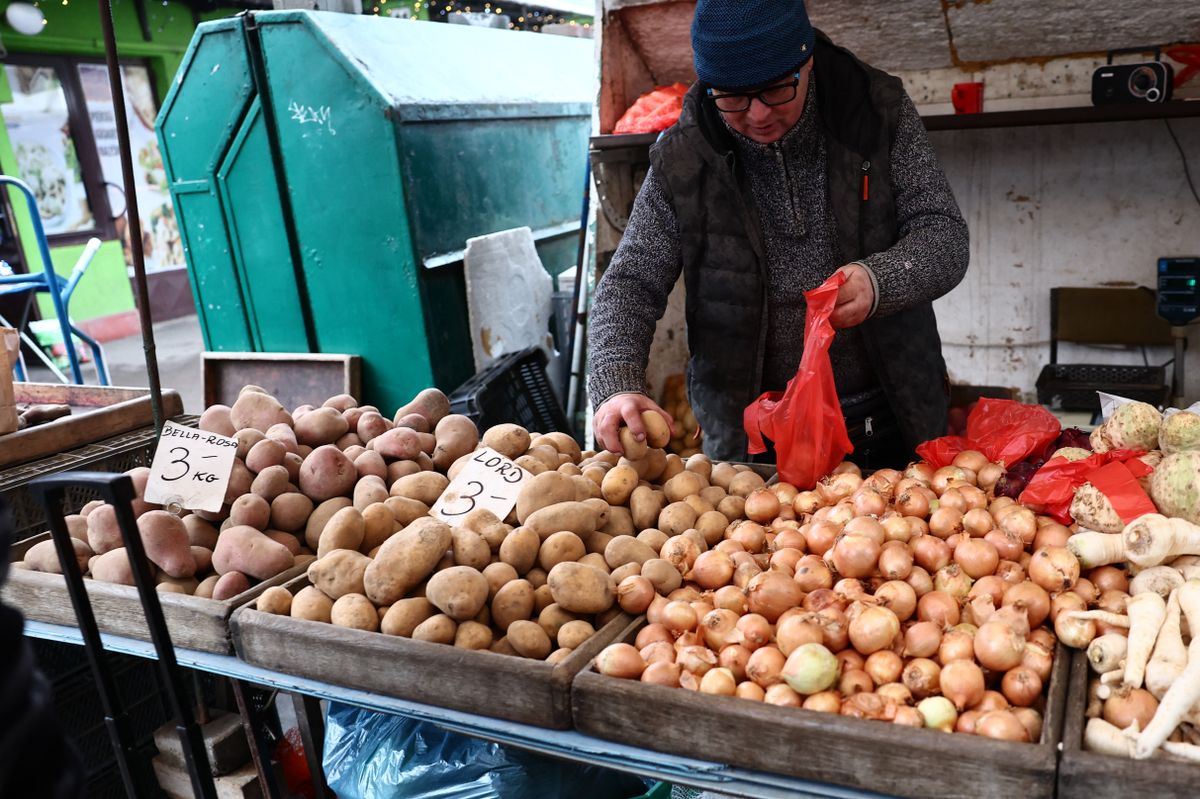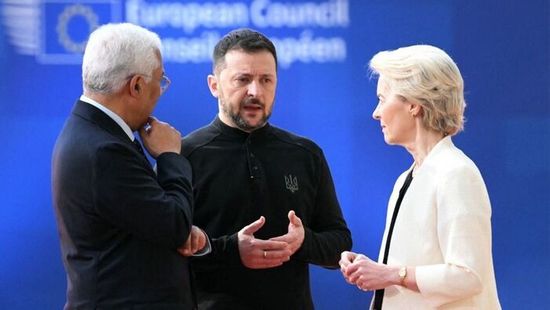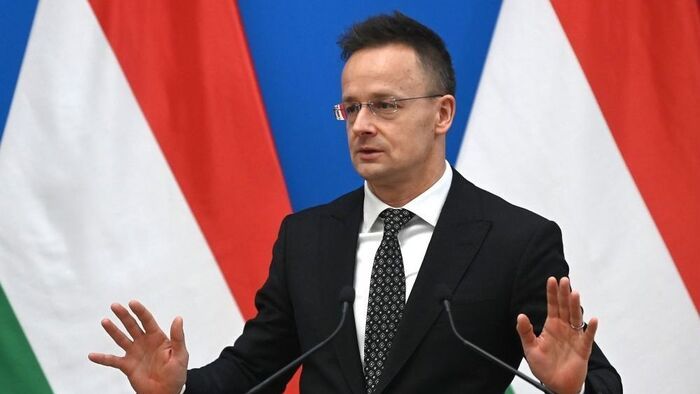Ukraine's accession to the European Union would have far-reaching and highly detrimental effects on the agricultural sectors of member states, particularly those in neighboring countries. Ukraine's agriculture is enormous, with the country boasting 41 million hectares of farmland. These fertile lands are home to large agribusiness operations that could pose a serious threat to the EU's agri-food sector. The sheer intensity of Ukraine's agricultural production could reduce European farming to little more than a relic of the past.

In Ukraine, the largest agricultural enterprise spans more than 650,000 hectares. The sector is not only dominated by Ukrainian entities but also sees significant investment from American, Arab, German, Norwegian, and Chinese investors, all of whom have a vested interest in Ukraine's swift EU accession.
Currently, Ukraine lacks strict quality control regulations. The country uses pesticides that have long been banned in the EU, and its livestock industry relies on growth enhancers and antibiotics that place EU farmers at a severe competitive disadvantage. Furthermore, a substantial portion of Ukrainian agricultural products is GMO-based, which would lead to additional tensions within the EU.
More than 500,000 hectares of Ukrainian farmland remain littered with landmines, requiring significant resources for demining. If Ukraine joins the EU, the costs of post-war reconstruction would largely fall on European farmers, exacerbating economic difficulties.
Ukraine's EU accession would lead to a collapse in agricultural production
Ukraine's potential EU membership could lead to the disintegration of agricultural production within the EU, with severe consequences for Hungary as well. This move would significantly reduce EU agricultural subsidies, which currently benefit member states, including Hungary.
Zoltan Galik, an associate professor at the Budapest Corvinus University's International Relations Department, recently pointed out that Ukraine's accession would necessitate compliance with the Copenhagen criteria and the resolution of ongoing conflicts. Economically, Ukraine's entry would reshape the EU's Common Agricultural Policy, as its vast agricultural lands would create immense competition, particularly for smaller EU farmers.























Szóljon hozzá!
Jelenleg csak a hozzászólások egy kis részét látja. Hozzászóláshoz és a további kommentek megtekintéséhez lépjen be, vagy regisztráljon!